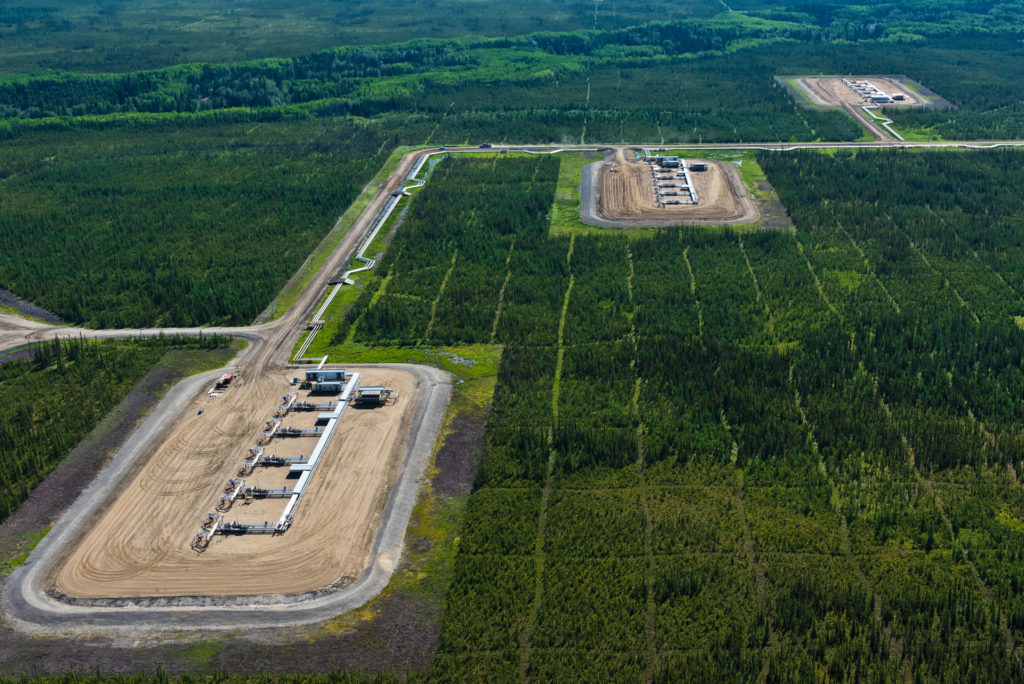 The discount on Western Canada Select to the North American benchmark West Texas Intermediate futures narrowed on Tuesday.
The discount on Western Canada Select to the North American benchmark West Texas Intermediate futures narrowed on Tuesday.
WCS for September delivery in Hardisty, Alberta, settled at $12.15 a barrel under the U.S. benchmark WTI, according to brokerage CalRock, compared with $12.25 a barrel on Monday.
* The differential between Canadian heavy crude and the U.S. benchmark has trended wider recently, a typical seasonal pattern as the end of the summer driving and road construction season reduces demand for Canadian heavy oil.
* The completion of maintenance projects at Canadian oil sands sites has also boosted heavy crude supply at the same time that fall turnarounds at U.S. Gulf Coast refineries are reducing demand.
* The WCS discount could see additional gradual widening by the end of this year, said RBN Energy analyst Martin King. Canadian oil sands production is expected to rise further by the end of 2025, and could face competition from Venezuelan heavy crude exports to the U.S. Gulf Coast, which are set to resume this month due to an easing of U.S. sanctions.
* But prices for Canadian crude remain generally supported due to the opening of the Trans Mountain pipeline expansion in 2024. The pipeline, which moves oil from Alberta to British Columbia’s Pacific coast, increased global export options for Canadian oil shippers and is expected to have spare capacity until 2027-28.
* Global oil prices dipped on Tuesday as traders awaited an inventory report from the U.S. Energy Information Administration and began looking toward declining demand at the end of the summer driving season in early September.
(Reporting by Amanda Stephenson in Calgary; Editing by Shreya Biswas)